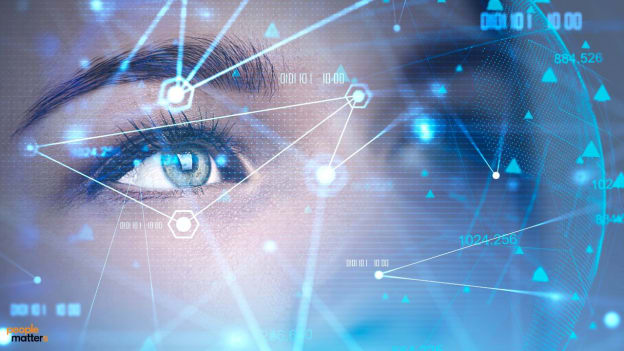AI anxiety? The gap between executive optimism and employee concerns

The International Monetary Fund estimates more than 60% of jobs in advanced economies will evolve because of AI. At this scale, business and talent leaders need to “take a step back and reimagine” how they are thinking about jobs and the world of work.
That’s a challenge posed by Qualtrics’ Lauren Huntington.
While disruptive tech ushers in a period of innovation, efficiency and convenience—which most decision makers in business express optimism for—it also brings about anxiety among employees. Huntington uncovered the root cause of this disparity in sentiments between leaders and their teams.
“We have executives across the board, investing millions, if not billions, in AI strategies. We have them clamouring to AI conferences, hearing about the latest technologies in the market and having that degree of openness to those experiences,” Huntington said.
“Yet, as we go down the organisational hierarchy, we see people have less and less comfort because they have a lot less control over what decisions are taken and how they’re going to be taken within their organisations.”
AI and automation: Doing more for less
With 70% of tasks having the potential to be automated at current costs, according to data from McKinsey, executive teams are optimistic about being able to do more for less.
“It’s that narrative that has people up at night wondering, ‘Is this really going to replace tasks? Or is this going to replace jobs?’” Huntington pointed out. This sentiment, she said, has unfolded over the past few years.
“We looked at a few different groups of people: people who were relatively neutral on this topic; those who were more excited than they were nervous, and those who were a bit more nervous than they were excited. And we’ve seen a really interesting trend at the start of this year,” she said.
In the past two years, people have wondered about how these technologies were going to influence their organisations and their ways of working. “Now, we’ve seen a spike in those who are more concerned with than excited [about AI] and that is quite an easy one to explain,” the tech leader said.
Job losses vs job gains from AI
“If we look at some of the stats, we can see that we’ve already seen some job loss around automation. Now, what’s interesting is we’ve actually seen more job gain than we’ve seen job loss and yet people are so overwhelmingly nervous,” Huntington said.
“And if psychological theory helps us explain this, we know that people feel losses exponentially harder and for longer than they feel gains. So, even in your organisation, if there’s been some incremental job loss around AI, that’s likely to resonate much more in the organisation than any of those advancements.”
Huntington said some of the reasons why people feel hesitant about AI include:
- The possible adverse impact on jobs
- The purported absence of human connection
- The feeling of being under surveillance
“That’s where people are starting to trade off with some of the potential benefits around making their lives better, saving time, and making sure that we have that inevitable progress in our workplaces,” Huntington said.
“What are some of the things that we can start thinking of – as human capital practitioners – to create a sense of psychological safety in our workforce? Well, firstly, we need to think about all of those threats in the near term.
“From a near-term perspective, people are concerned about autonomy and trust. So there have been quite a few studies done, particularly with medical practitioners, where there is concern that – even though we have all these great chatbots coming in AI technologies and can help do diagnostics, they can help do triage – the nurses, the doctors, the professionals themselves are concerned that their decisions, their intuition is going to be overwritten by the technology,” she said.
“We also need to think of the longer term; about how individuals’ professional identities are impacted by AI.”
One of the most surprising elements of the introduction of AI, Huntington said, is its immense impact on knowledge work, once thought to be the “more sacred aspect” of human creativity.
Now, the question remains: “So how can we help with that narrative, internally in our organisations, that AI is not here to replace humans – but that AI is here to replace humans without AI?”












